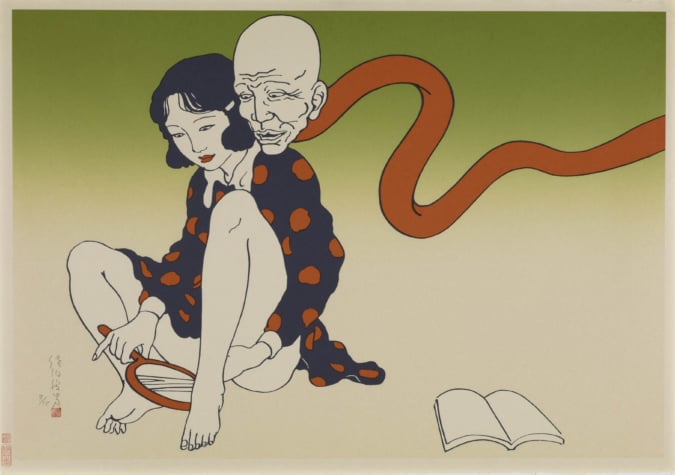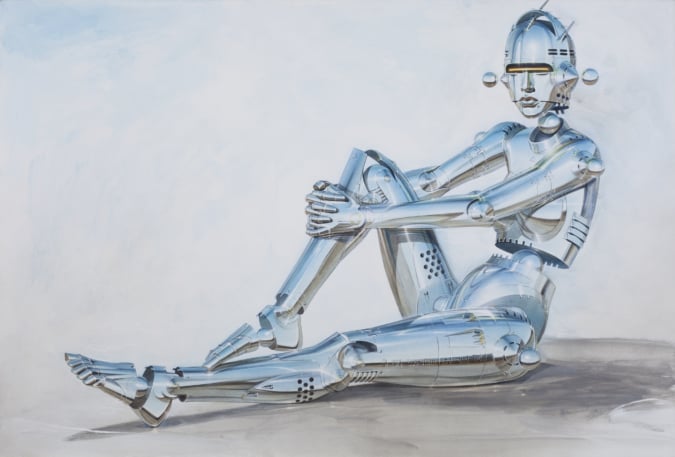After Fukushima, Did Societal Cohesion Have Negative Effects?
The series ‘Invisible Machinery’ by photographer Toru Ukai stages a Japanese society where solidarity is born from uniformity.
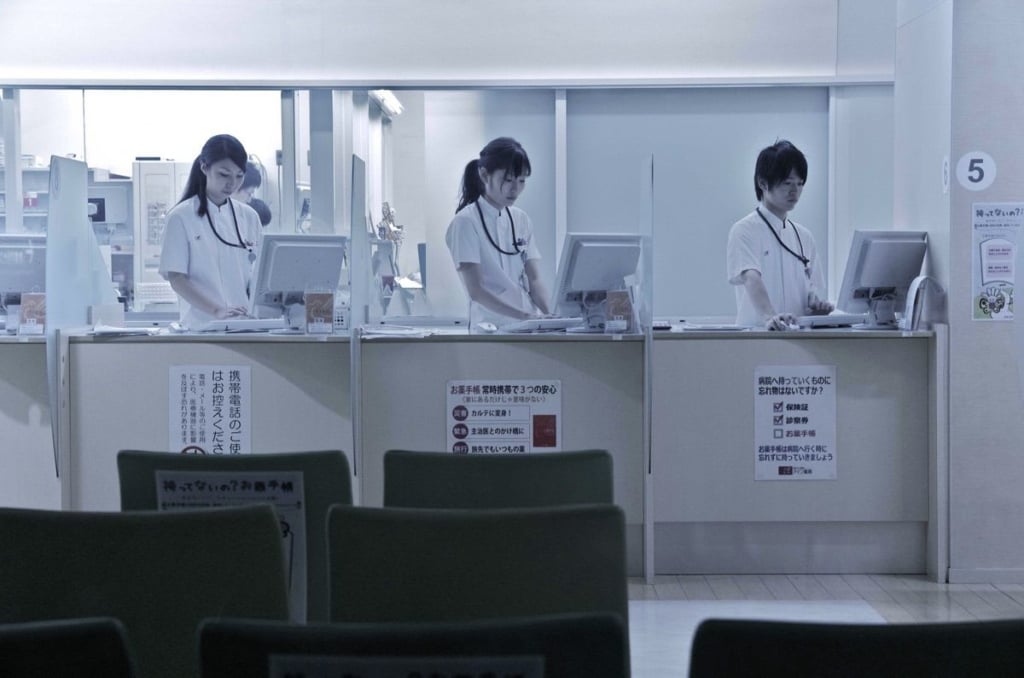
‘Invisible Machinery’ © Toru Ukai
The work of Japanese photographer Toru Ukai asks the central question: does contemporary society depend on a hidden, invisible structure? In his series Invisible Machinery (2011-present), he explores a structure born from desire, but which in reality, when captured, suspended by photography, seems to be removed from this initial desire.
The artist graduated with a degree in Literature from the University of Tokyo in 1985. He then went on to pursue photography, and in 1998 he was awarded the 7th New Cosmos of Photography prize. He is represented by Ibasho Gallery.
A new form of totalitarianism?
The day after the Fukushima disaster, Toru Ukai was shocked by the mixed reactions of Japanese society. According to the artist, this event ‘gave us a strong sense of solidarity and it encouraged us to reconstruct our society and relieve the victims.’ At the same time, he felt as if the catastrophe ‘germinated nationalism and some kind of totalitarianism in our society.’ The reinforcement of bonds within the country had led some to no longer tolerate difference, and to stick staunchly to the normative model imposed.
The shots that make up Invisible Machinery depict a normative society and a system that encourages the entire population to adopt the same codes. ‘The cleanliness and strange order here might remind you of some kind of totalitarianism or standardisation. Some hidden structure is working behind the tragicomic scene,’ says the artist. This uniformity, shown here in professional environments or in clothing choices, in fact works against what it hopes to achieve; it provokes a profound alienation, creating a feeling of solitude despite the density of the city, through its architecture and population.
The politically engaged work of Toru Ukai aims to critique ‘capitalism, consumerism, IT, standardisation, control, and regulation,’ the artist himself preferring to defend diversity and freedom. The photographer’s political work also seeps into other ongoing series such as Whispering in the Suburbs, where the photographer presents the suburbs as the ‘wombs of society.’
Invisible Machinery (2011-present), is a photo series by Toru Ukai and can be found on Flickr.
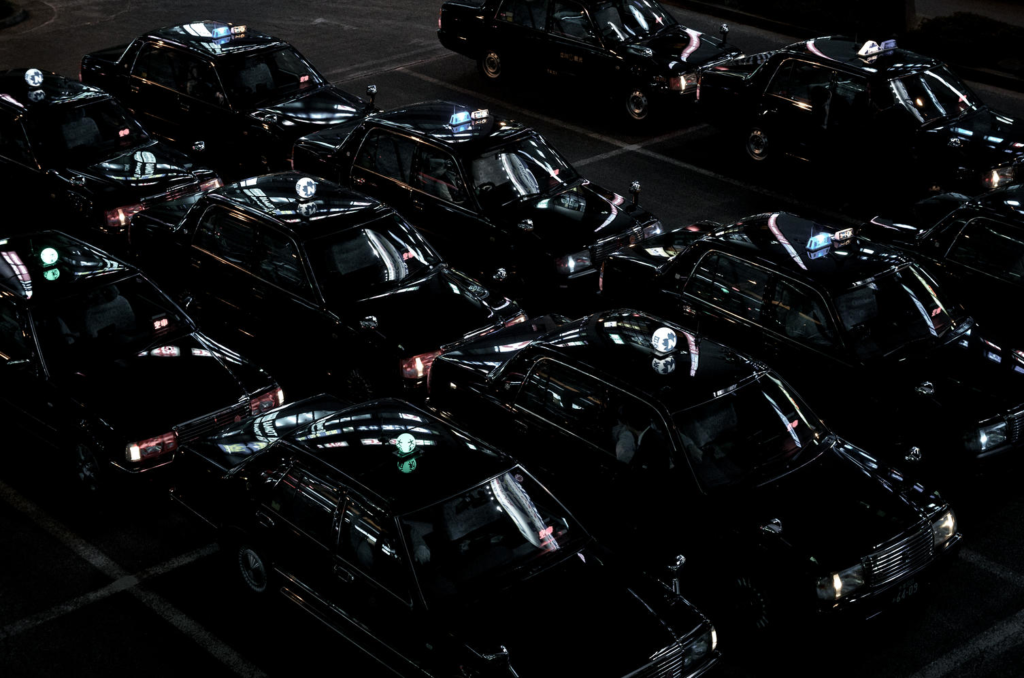
‘Invisible Machinery’ © Toru Ukai
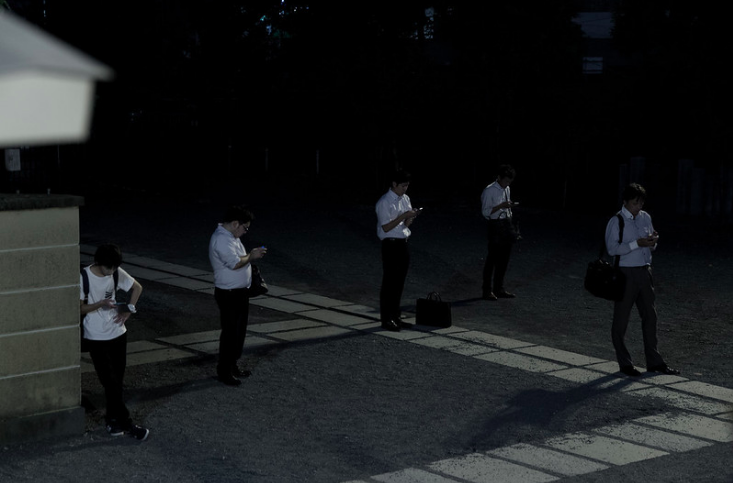
‘Invisible Machinery’ © Toru Ukai
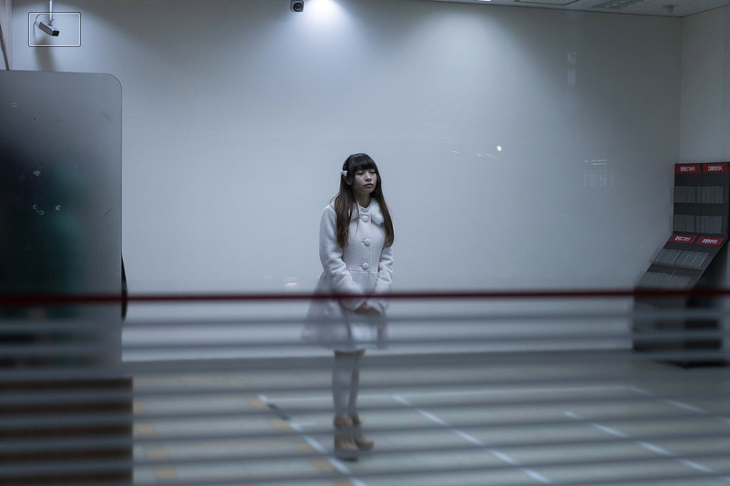
‘Invisible Machinery’ © Toru Ukai
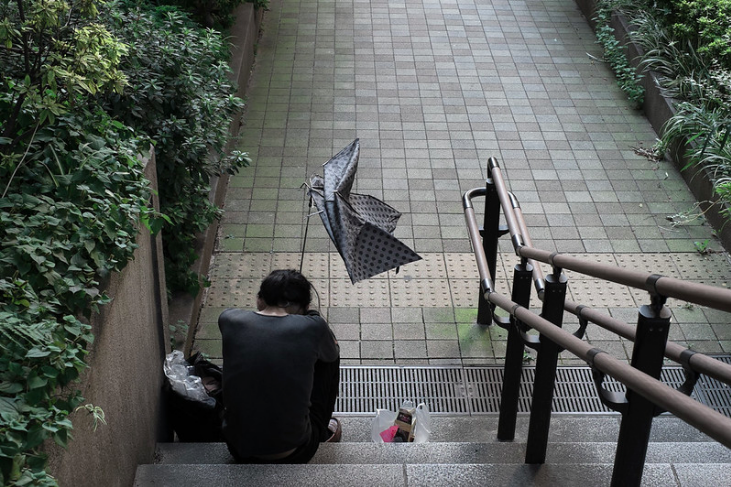
‘Invisible Machinery’ © Toru Ukai
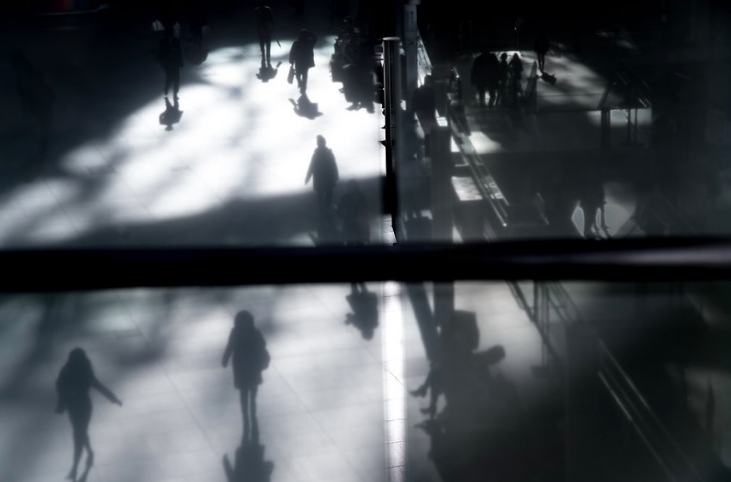
‘Invisible Machinery’ © Toru Ukai
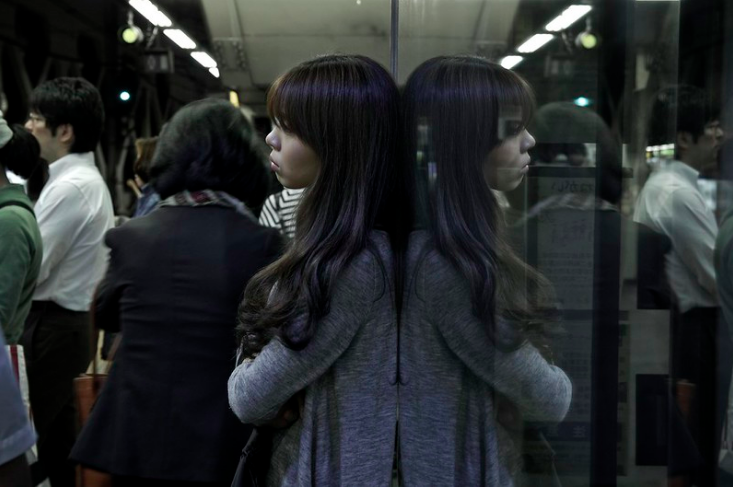
‘Invisible Machinery’ © Toru Ukai
TRENDING
-
A House from the Taisho Era Reveals Its Secrets
While visiting an abandoned building, Hamish Campbell discovered photographs the owner had taken of the place in the 1920s.

-
The Taboo-Breaking Erotica of Toshio Saeki
The master of the 1970s Japanese avant-garde reimagined his most iconic artworks for a limited box set with silkscreen artist Fumie Taniyama.

-
With Meisa Fujishiro, Tokyo's Nudes Stand Tall
In the series 'Sketches of Tokyo', the photographer revisits the genre by bringing it face to face with the capital's architecture.

-
Masahisa Fukase's Family Portraits
In his series ‘Family’, the photographer compiles surprising photos in which he questions death, the inescapable.

-
Hajime Sorayama's Futuristic Eroticism
The illustrator is the pioneer for a form of hyperrealism that combines sensuality and technology and depicts sexualised robots.


